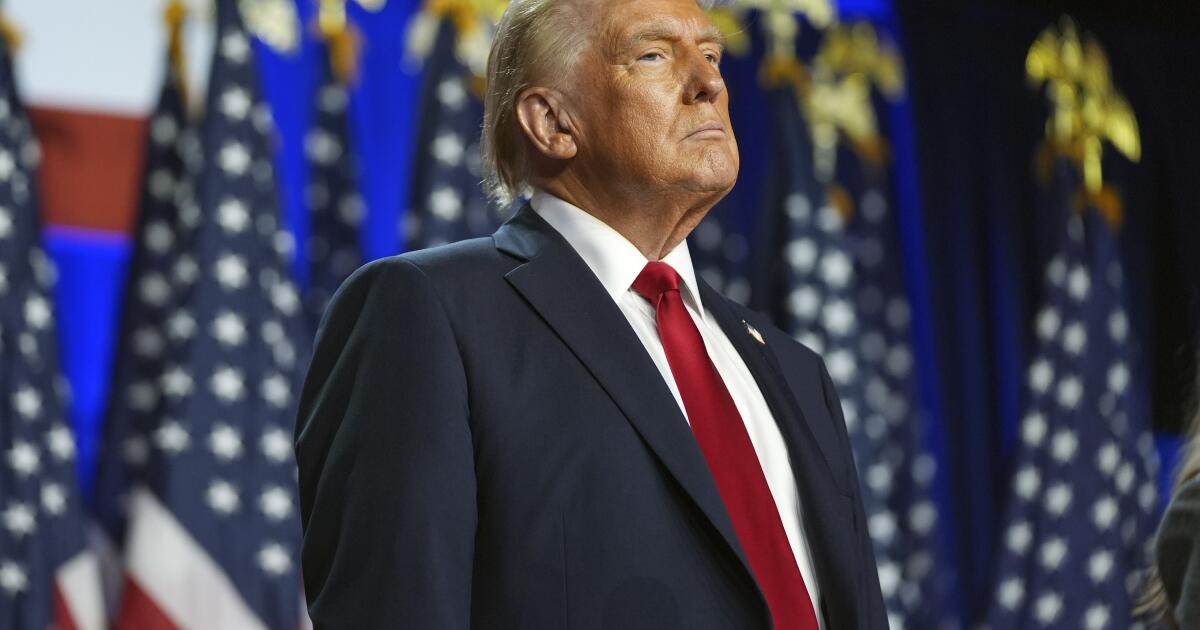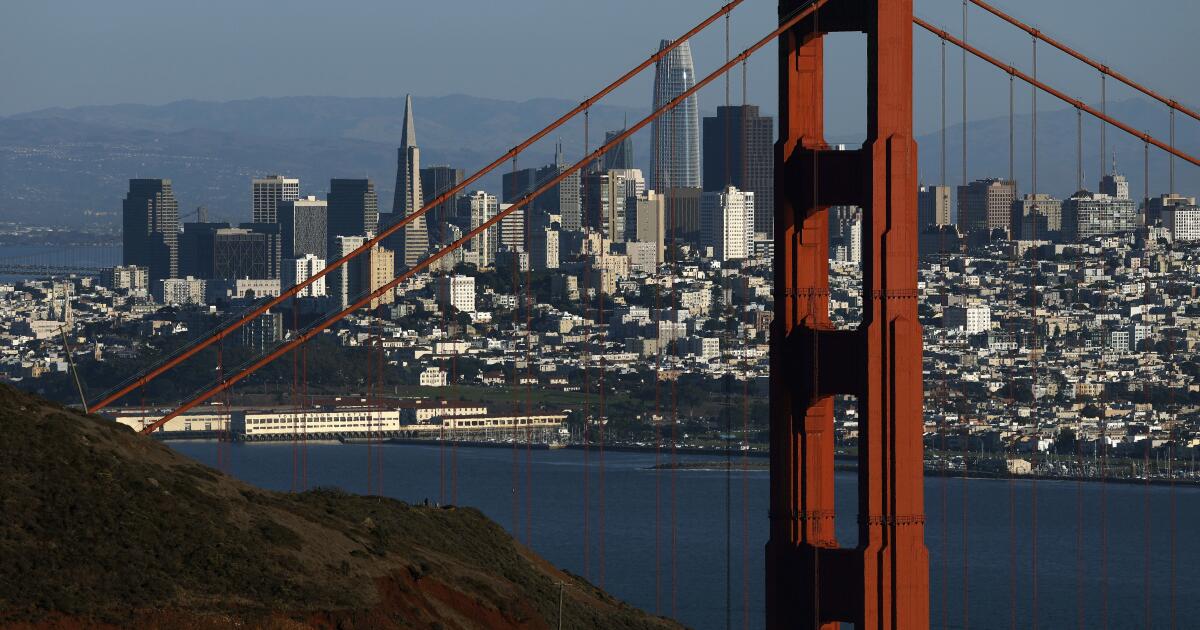NICOSIA (Reuters) – Closer relations between Turkey and the European Union are contingent on Turkish engagement in solving the decades-old partition of Cyprus, the EU country’s president said on Monday.
Turkey has been an official candidate to join the EU for decades, but accession talks have stalled in recent years over EU concerns about Ankara’s record on human rights and respect for the rule of law.
Cyprus, an eastern Mediterranean island that was split in a Turkish invasion in 1974 prompted by a brief Greek-inspired coup, has veto rights over Turkey’s EU ambitions, like all other members of the bloc.
The Republic of Cyprus joined the EU in 2004, while the northern half of the island is a self-declared state recognised only by Turkey.
“Cyprus is a strong supporter of closer relations between the EU and Ankara; (such) closer relations pass through developments and a solution to the Cyprus problem,” Cypriot President Nikos Christodoulides told reporters after meeting Frank-Walter Steinmeier, Germany’s president in Nicosia.
Steinmeier, on an official visit to the island, said Turkish actions on Cyprus should be taken into account in assessing its overall relations with the EU.
“Member states should send this message to Turkey,” he said, speaking though an interpreter.
Peace talks to resolve the longstanding conflict between Greek and Turkish Cypriots collapsed in 2017. Nicosia wants the EU to appoint an emissary to oversee attempts to revive talks, though says it would be supportive of any role of the United Nations, which takes the lead in Cyprus peacemaking.
Violence between the two Cypriot communities broke out in 1963, prompting the deployment of a U.N. peacekeeping force that still patrols a 180-km (116-mile) long ceasefire line.
Germany’s cabinet last week approved the dispatch of police officers who will join the civilian police contingent of the U.N. force, Steinmeier said.
(Reporting by Michele Kambas; editing by Mark Heinrich)


